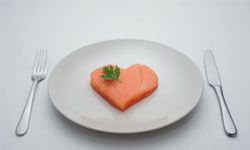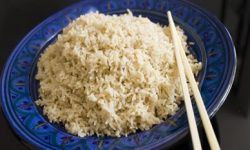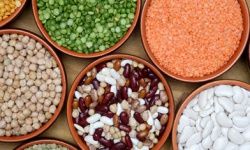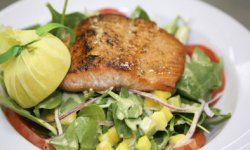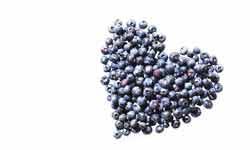Imagine a world where bacon double cheeseburgers, Krispy Kreme donuts and nachos are great for your heart, and fried chicken, French fries and hot fudge sundaes make you shed pounds like a bride before her wedding day. You could indulge in whatever you wanted, whenever you wanted, your health would only improve and the weight would only disappear. Sounds like paradise, doesn't it? Sadly, the foods many of us often crave aren't the things we should be eating. In the real world, what we should be eating is spinach, Brussels sprouts and cantaloupe -- not as compelling for many of us.
Heart disease is a worldwide problem and the leading cause of death among Americans. The good news is that over the years, nutrition experts have come a long way in determining what's good for our hearts. Things like alcohol and fat aren't the evil things doctors once thought they were. The trick is to have the right kinds of fats and to drink alcohol in moderation. There isn't any one magic food that can guarantee a healthy heart, but adding certain foods to your diet on a regular basis can go a long way to helping you to avoid the emergency room or operating table.
Advertisement
We'll get to some specific foods in our top five list, but what most people should know is that a whole-foods approach to eating is the healthiest way to go. By whole-foods, we don't mean the trendy grocery store that puts a dent in your bank account. We're talking food in its most natural state. For example, raw veggies are best, followed by lightly steamed or sautéed. Fresh potatoes with the skin on are loaded with vitamins and nutrients, but potato chips will clog your arteries. Whole grains like oatmeal are great for you, but sugary, processed instant oatmeal packets lack many of the healthful properties of their unprocessed cousin.
Avoid packaged and processed foods as much as possible and you've got a head start on our list. That said, we'll get to the top five heart healthy foods. Who's hungry?
